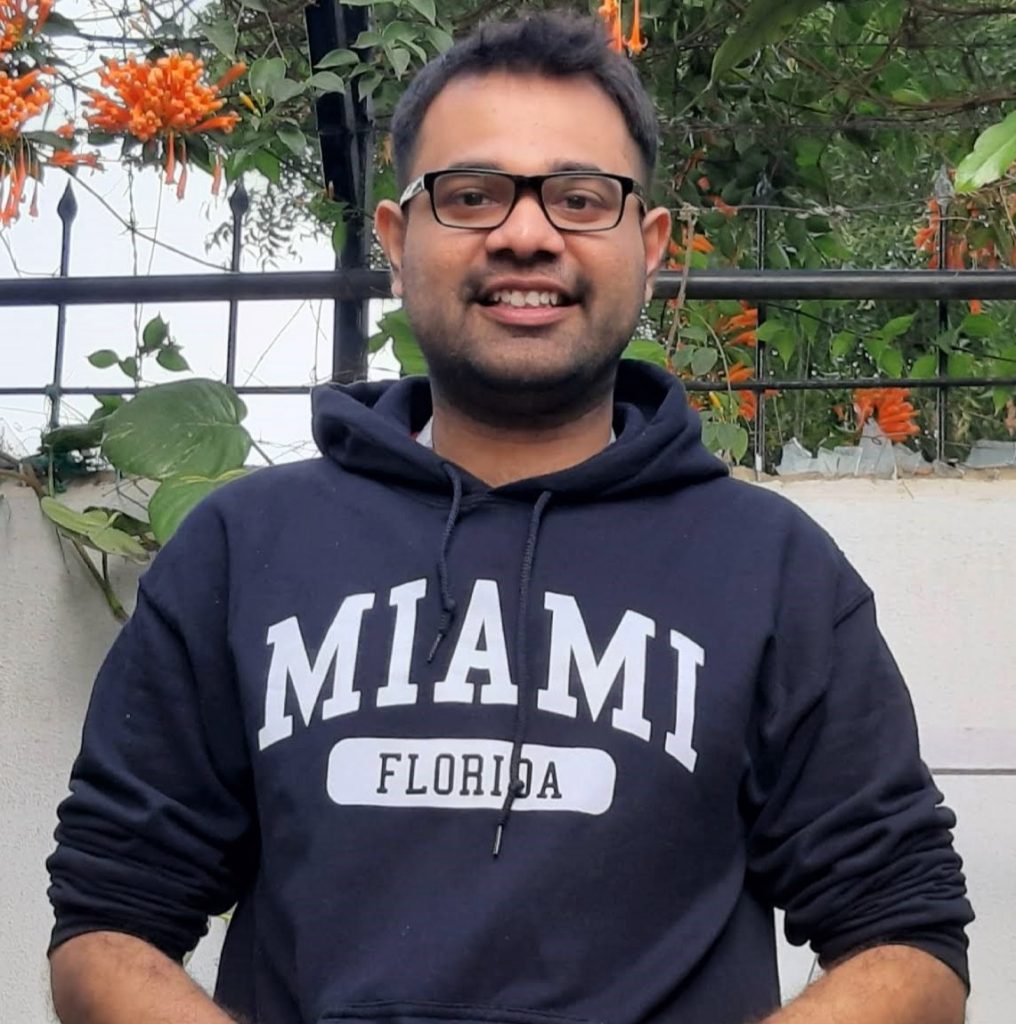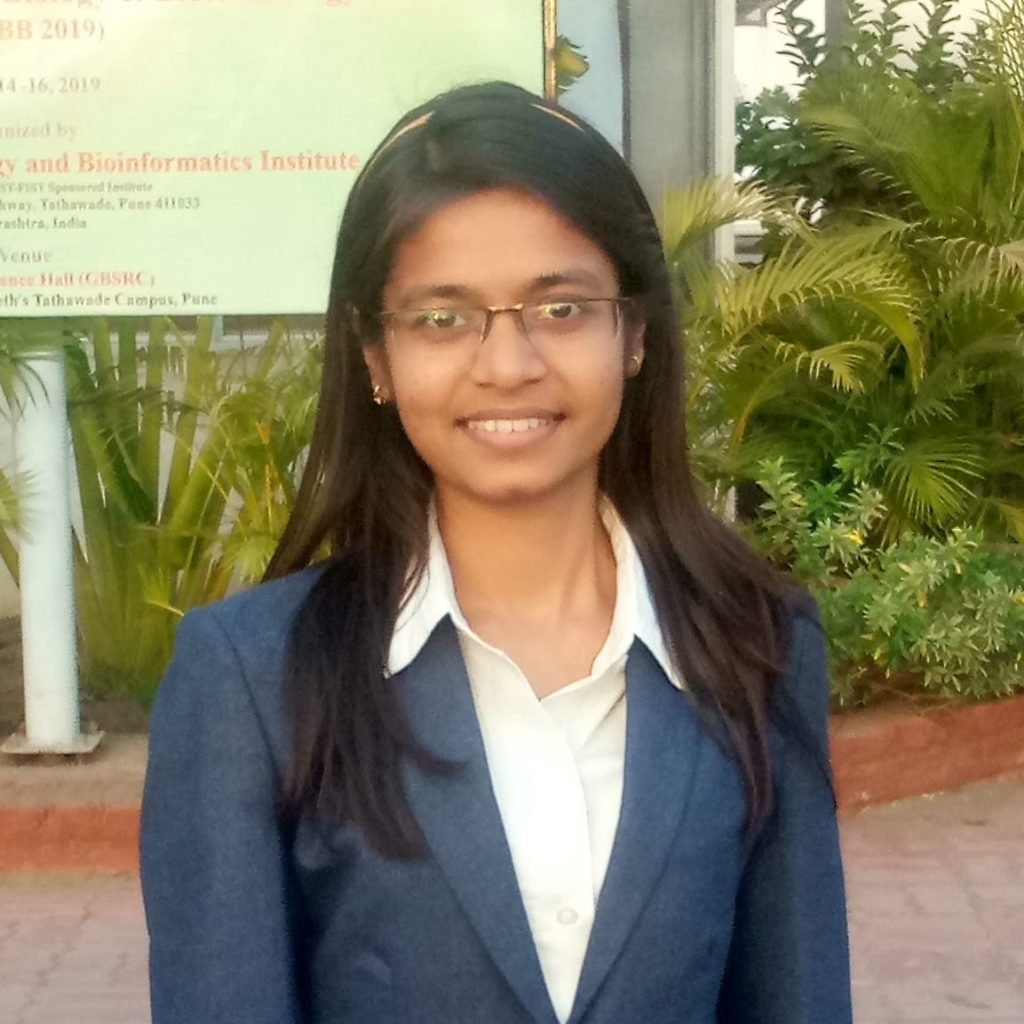What’s your background?
I like myself being called an Infectious Disease and Immunology expert. I started my PhD in a lab, where the main focus was analyzing basic immunology of antigen presentation in the context of parasitic disease Leishmaniases. I started working on the problem of antigen presentation in Leishmaniasis, gradually I moved on to studying different DNA vaccine candidates and different vaccine regimens against the disease. Gradually, moving into my post doc, I continued studying immune responses of infectious diseases at NIAID/NIH. From Leishmaniasis, I moved on to malaria. At NIAD/NIH, my study was concentrated with samples from our cohort in Mali, I studied human response to natural malaria infection.
Why did you move away from academia?
My PhD was mainly focused on pre-clinical studies of different DNA vaccines against infectious diseases, whereas my postdoctoral work focused on analyzing patient samples from our (NIAID) cohort in Mali, a malaria endemic region. I always wanted to use my experience with vaccine studies in a real patient setup and get involved in human vaccine research. My current role allows me to achieve that goal of working in vaccine research in a real-life scenario.
Is there anything you miss about academia?
Even now, I don’t miss anything.
How did you get this job? Did you face any challenges when considering a move away from academia or applying for the role?
I started applying in my preferred area of research after settling my immigration status. And I got the job, it was a perfect match for what I exactly wanted.
What motivated you to/why did you choose the sector you transitioned into?
As I mentioned earlier, the combo of human vaccine research-infectious disease and immunology, was always my target and my current job provides me with that combo.
Did you think you had the skills required for your current position before you started? Were you right?
Yes, and I was correct. But definitely, I need to implement those skills working with a much larger number of samples/and need to do much automation.
How did your PhD prepare you for your current job? For example, what were the transferable skills that you developed during your PhD that are most relevant to your current job?
My experience during PhD and Postdoctoral research did help me to prepare for my current jobs. I was very much accustomed to several different immune assays, specially multicolor Flow Cytometry, some genomics, and working with different primary cells (both human and rodents).
Have you built a network before your transition to industry? How it helped you in the process?
Not really. I was starting to build a network, as many experts suggest that, but I got the job pretty quickly.
Do you have Mentors who helped you in making the right career decisions?
Not really, I learnt by making mistakes and learning from the mistakes. Both my PhD and Postdoc guide always provided me the independence to design and implement all the projects. If anything fails, I learn from mistakes and go ahead by learning from them. I believe you need to take some risks to succeed and achieve big, sometimes you fail but learning from the failure makes you more determined and stronger. I am thankful to both my PhD and Postdoc guide for giving me that independence which helped me in the long term.
Did you have any preconceptions about your sector that proved to be wrong?
Yes, definitely. Industry/pharma R and D jobs are not always only target oriented, there is a big chance of doing great science and contributing to the field with plenty of available resources.
Can you describe a typical week in your job?
Several meetings, training, experiments, and data analysis.
What is the workplace culture like? Please include comments on work-life balance, flexibility, remote working?
AstraZeneca gives stress on maintaining work-life balance, there is always flexibility.
Do people with a PhD frequently get hired in the company/sector?
Yes
What are your favorite parts of your job?
Involved in the field of research which I like and am passionate about.
What are your reflections on your career path?
After spending around 16 years in academia, I transitioned into an industrial set up. Now, when I retrospect, I feel, I should have done this transition much earlier. I, like many immigrants, got stuck with visa issues and a volatile political scenario, so I was late.
Do you have any advice for current graduate students and postdocs considering a career outside of academia?
Keep your mind clear, and try to set up a goal. Being out of academia doesn’t mean you are going out of research. Maybe it’s a fresh start for future bigger things. Here also, you can publish good authentic things in top notch journals, and your research will have more meaningful values.
What do you know now that you wish you’d known when exploring a transition?
Now, I know that there are some wrong notions about the industry, it’s all business oriented, can’t do good science and so many. For me, till now everything looks the same, I am exploring new things, no dearth of money and excellent top-notch publications from our group in the last couple of years.
Can you recommend any relevant resources, organizations or events that might help somebody new to the sector find out more about it?
I was very active on LinkedIn, I have a LinkedIn professional account, and it helped me to get a tremendous amount of information regarding different openings. Apart from that regarding job openings, Indeed.com and company websites also helped. I also followed FierceVaccines and FierceVaccines to know about the current happenings in the industrial sector.



